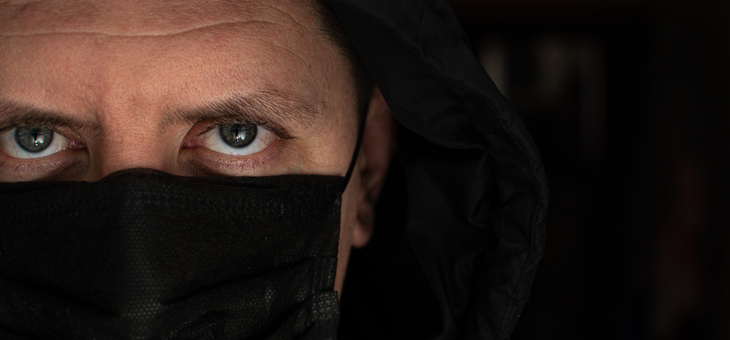Blood tests are finding people who have had COVID-19 and since recovered, with three such ‘historical’ cases uncovered over the weekend in Western Australia, adding to the 700 such cases across Australia.
The concern is that restraints are being relaxed while ‘cases of unknown origin’ remain unidentified and unconnected.
The Australian Financial Review reports that health authorities do not know the origin of about 700 cases, with the majority from NSW (439). Victoria has 137 cases of unknown origin, followed by Queensland (61), Western Australia (22), South Australia (13), the ACT (7), Tasmania (4) and the Northern Territory (1).
The percentage of unknown origin cases has increased from 7.7 per cent at the start of April to more than 10 per cent by 26 April.
Antibodies were detected in three Perth women, indicating they contracted the disease more than six weeks ago. One of the women had the infection in March and was tested, but her result then was deemed inconclusive. Her positive diagnosis was confirmed after samples were retested.
WA health minister Roger Cook said the cases were no longer infectious and posed no “ongoing risk to the public”.
“One of the cases is related to a cruise ship, so potentially (they) had already finished with the disease by the time they left the cruise ship, and one is a casual contact of a confirmed case.”
He said inconclusive results were now dealt with differently.
“If the same test result was issued today, the equivocal result would not have counted because of all the validation that the lab continues today and the increasing confidence we have around test results.”
Mr Cook warned of the need for continued vigilance.
“Nothing is normal about this virus. We are continually learning more about it,” he said.
“We’re not out of the woods and we won’t be until a vaccine has been developed.
“Some people will have COVID-19 and not even be symptomatic and that’s why it’s important that we do our asymptomatic testing … (but) we can’t test everyone,” he said.
Australia has conducted 1,042,126 tests, 0.7 per cent of which have been positive. Our testing rate of 4093 tests per 100,000 people is among the world’s highest.
Mr Cook says this widespread testing will find more people who had been unaware they had coronavirus.
“As we continue to test people through the taking of blood samples, and as we do more historical and deep research into this disease, we’ll see more of these cases come up from time to time,” he said.
Deputy chief medical officer Michael Kidd also warned against complacency.
“The pandemic is not over. The risk to vulnerable people remains significant,” he warned.
Of Australia’s 7045 coronavirus cases, 6367 have recovered and 1929 have been confirmed as people infected in Australia through contact with someone confirmed to have COVID-19.
Of concern are the 10 per cent of cases where the source of infection is not yet identified.
Dr Gnana K Bharathy, from the School of Information Systems and Modelling at UTS, told the Australian Financial Review that testing was crucial to reducing that number.
“The actual transmission and prevalence might be higher but goes unnoticed until the infected is tested or starts to show symptoms or seriousness. So, testing is vital.
“Widespread testing would also inform us about re-infection likelihood.”
Professor Robert Booy, a senior professorial fellow at the National Centre for Immunisation Research and Surveillance, said Australia might have to “tolerate a low level of infection going forward with normal human endeavours – business, schooling and the like – but I don’t think they are too big a risk to us”.
“We’ve learnt how to do physical distancing and it can be an important compensator for the sleeper cases. We need to keep it up but we don’t need to be so rigid. Basically, we need to test to see what we can and what we can’t get away with.”
Have you been tested for the virus? Are you concerned about the spread of the virus during winter?
If you enjoy our content, don’t keep it to yourself. Share our free eNews with your friends and encourage them to sign up.
Related articles:
How the pandemic has disrupted older Australians
Helping reduce anxiety during the pandemic
Steve Perkin answers COVID-19 questions

